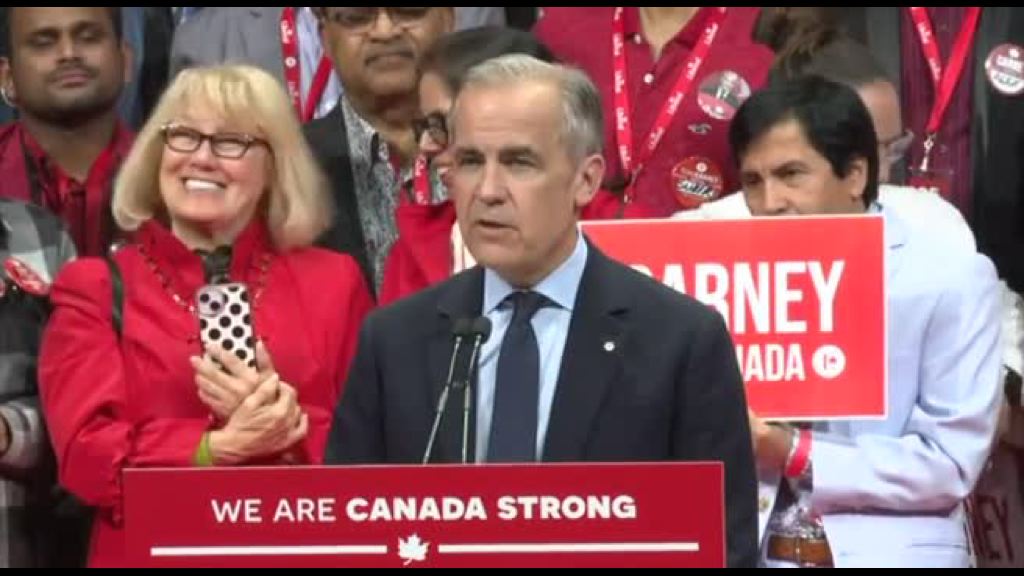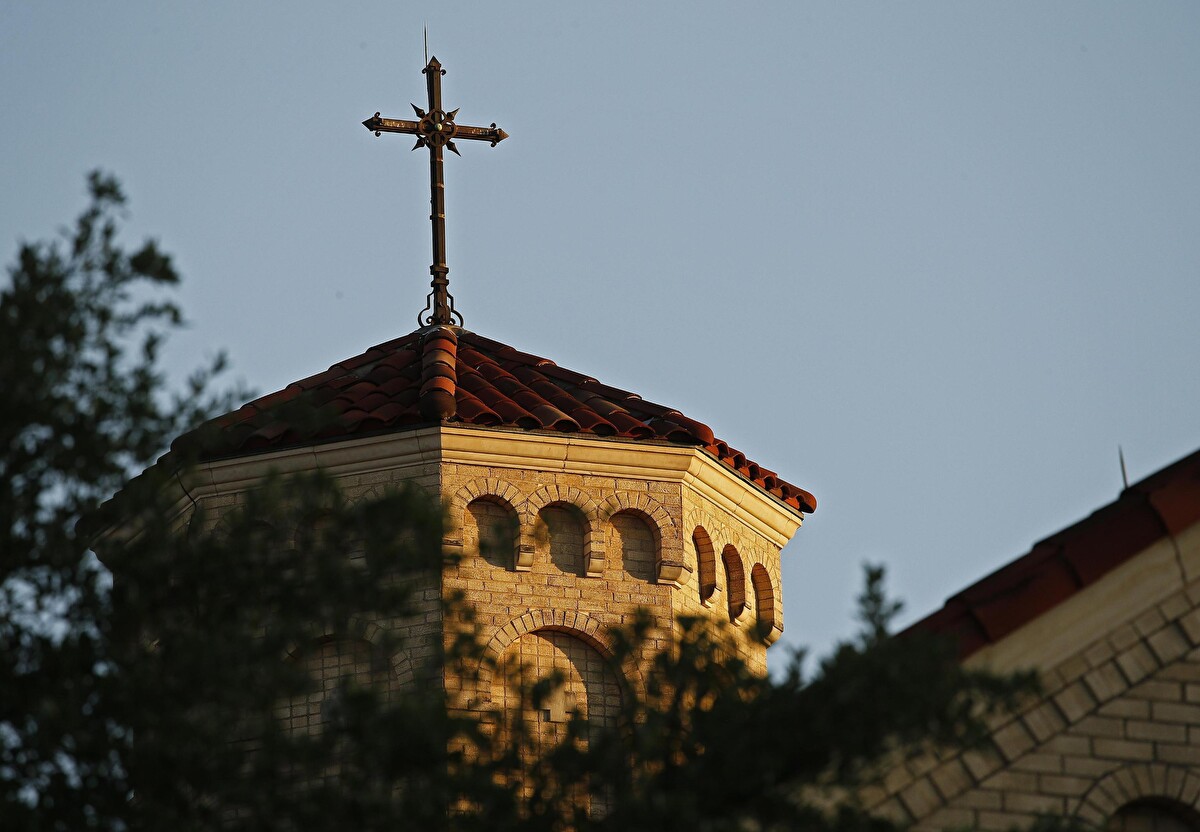Mark Carney and his Liberals pulled off an unexpected win in Canada’s federal elections, securing a fourth consecutive term for the center-left party and leaving the Conservatives to regroup after a bitter defeat.
Just after 10 p.m. local time, major networks including CBC projected a Liberal victory, with preliminary results showing Carney’s party winning 168 seats in the 343-member House of Commons. The Liberals are expected to govern in a minority, though final tallies are still being updated. The Conservatives, who had held a strong lead in the polls until recently, captured 144 seats.
“This is our home. We decide our own future,” Carney declared from the stage in Ottawa, delivering a direct message to U.S. President Donald Trump, whose aggressive rhetoric during the campaign stoked a surge of Canadian nationalism. “We will defend our country from those who would divide it,” he added.
Carney, who succeeded Justin Trudeau as Liberal leader just two months ago, will remain prime minister without the need for a new swearing-in ceremony. Any cabinet reshuffles — a possibility given the number of portfolios Carney has personally overseen — would require formal approval from Governor General Mary Simon. For now, ministers and deputies will stay in place as Parliament prepares to reconvene, likely under tense conditions.
Topping Carney’s political agenda will be managing relations with the United States, a critical issue that dominated the campaign. Trump had escalated tensions by suggesting Canada could be annexed as “the 51st state.” Carney, armed with a preliminary framework agreement negotiated with Trump in March, signaled he is willing to reopen talks on trade and security, but “without hurry” and “without compromising Canadian interests.”
Domestically, Carney’s government plans to bolster the economy with a middle-class tax cut, the creation of a C$5 billion (roughly $3.6 billion USD) fund to support trade diversification, and an overhaul of permitting processes for major energy projects. The goal, Carney said, is to position Canada as a global energy leader — both in clean and traditional energy sectors.
“Our old relationship with the United States, a relationship based on steadily increasing integration, is over,” Carney said in a victory speech in Ottawa. “The system of open global trade anchored by the United States, a system that Canada has relied on since the Second World War, a system that, while not perfect, has helped deliver prosperity for our country for decades, is over. These are tragedies, but it’s also our new reality.”
The election outcome dealt a severe blow to the Conservatives. Although the party made gains in overall vote share, reaching around 41%, it failed to convert support into seats. Party leader Pierre Poilievre, who campaigned on a libertarian, anti-tax platform while steering clear of Trump’s more extreme positions, was unable to fully distance himself from the American president’s influence.
Poilievre’s personal defeat — losing his own seat in Ontario — further complicates the party’s future. While he announced plans to stay on as leader, internal calls for change are already mounting. Many within the party had feared that ideological alignment with Trump could backfire in a Canada where patriotism, increasingly, is seen as non-negotiable.
“It was the ‘anybody-but-Conservative’ factor”, said Shachi Kurl, president of the Angus Reid Institute, a firm that deals primarily with polling, “it was the Trump tariff factor, and then it was the Trudeau departure … which enabled a lot of left-of-center voters and traditional Liberal voters to come back to the party”.
Carney promised a tough approach with Washington on import tariffs and said Canada would have to spend billions to reduce its dependence on the United States. “Canada must never forget the American betrayal,” the premier said during his victory speech in Ottawa, “America wants our land, our resources, our water, our country. These are not idle threats. President Trump is trying to break us so America can own us. That will never ever happen.”
The polarized vote swept away smaller parties. The left-leaning New Democratic Party (NDP), led by Jagmeet Singh, slipped below the 10-seat mark with just 6.3% of the national vote, narrowly trailing the Bloc Québécois, which captured 6.4%. With more than 80% of the electorate backing either Liberals or Conservatives, Canada’s political landscape has emerged from the election more sharply bipolar than ever.
The campaign, already roiled by trade tensions and Trump’s provocations, was further shaken by a tragic attack on a Filipino cultural festival in Vancouver that left 11 dead. While authorities have not linked the violence directly to politics, the incident heightened a sense of national vulnerability and steeled Canadians’ resolve to defend their identity.












